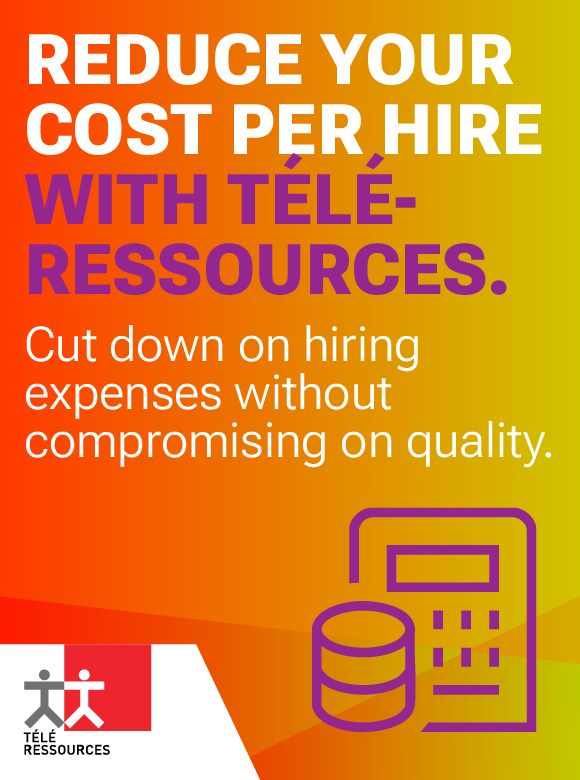4 Skills to Look for When Hiring Data Entry Specialists
 Data entry may sound simple, but the day to day demands placed on these team members are high: they must process large volumes of information accurately, maintain strict confidentiality, and juggle competing priorities. When screening candidates for these roles, here are four core competencies to prioritize:
Data entry may sound simple, but the day to day demands placed on these team members are high: they must process large volumes of information accurately, maintain strict confidentiality, and juggle competing priorities. When screening candidates for these roles, here are four core competencies to prioritize:
1. Accuracy and Attention to Detail
Accuracy is the cornerstone of data entry. A single misplaced digit can ripple through financial reports, customer records, or inventory counts—resulting in costly corrections or misinformed decisions. During interviews and assessments, ask candidates to demonstrate their ability to:
- Spot deliberate errors in sample data sets under time constraints.
- Explain their approach to verifying accuracy—whether through double checking entries, cross referencing sources, or using checksum tools.
- Describe past experiences where they identified and corrected inconsistencies.
Look for a track record of near perfect error rates and habits—such as methodically reviewing work and maintaining focus during repetitive tasks—that signal a candidate who values precision.
2. Familiarity with Database Management Software
Data entry specialists aren’t just fast typists; they’re adept navigators of whatever systems house your organization’s data. Whether your team uses legacy ERP platforms, cloud based CRMs, or custom SQL databases, fluency with relevant tools speeds onboarding and reduces errors. When evaluating this skill:
- Request that candidates list the software they’ve used (e.g., Microsoft Access, Salesforce, SAP, Oracle ).
- Include a hands on exercise in your hiring process—have them import or update a small data set in a demo environment.
- Ask technical questions about data validation rules, table relationships, and basic querying.
Prioritize candidates who learn new systems quickly and who can speak to how they’ve optimized workflows—by automating imports, creating macros, or designing templates.
3. Ability to Handle Confidential Information
Data entry often involves exposure to sensitive data, from employee records and payroll figures to confidential client details. A strong candidate not only understands the importance of discretion but also follows best practices for data security. To assess this:
- Incorporate behavioral questions: “Tell me about a time you worked with confidential information. How did you ensure it remained secure?”
- Review their familiarity with protocols—such as data encryption, secure file transfer, and role based access controls.
- Confirm their comfort with company policies around NDAs and data handling procedures.
In addition to verbal assurances, look for any certifications (e.g., ISO 27001 awareness, data privacy training) that validate their commitment to safeguarding information.
4. Strong Organizational and Time Management Skills
Data projects often come with tight deadlines, shifting priorities, and surges in volume. Your ideal hire anticipates bottlenecks, plans accordingly, and communicates progress proactively. During interviews, explore:
- How they prioritize tasks when faced with multiple data requests.
- Which tools they use to track their workload—task lists, Kanban boards, calendar blocking, etc.
- Examples of when they adjusted their plan to meet an urgent deadline without sacrificing accuracy.
Candidates who share strategies such as batching similar tasks, setting milestones, and escalating delays early will integrate smoothly into your HR operations and keep data flowing on schedule.
By focusing on these four skills, you can identify data entry specialists who don’t just input numbers, but uphold data integrity and drive operational excellence. During your next hiring cycle, tailor your assessments and interview questions to probe these areas deeply. The result: faster onboarding, fewer errors, and a data foundation you can trust.


